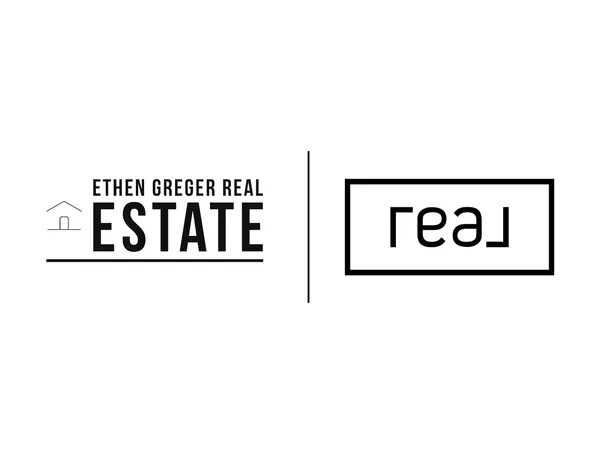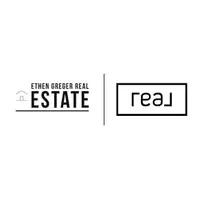The Role of a Down Payment and How Much to Save

One of the biggest hurdles to buying a home is saving for a down payment. The down payment is the amount of money you pay upfront toward the purchase price of the home, and it’s an important part of the mortgage process. Here's everything you need to know about down payments and how to save for them.
What is a Down Payment?
A down payment is an initial payment made by the buyer at the time of purchase. This amount is subtracted from the home’s price, and the remainder is financed through a mortgage. Down payments can vary depending on the loan type and lender requirements, but typically, the larger your down payment, the better your loan terms will be.
How Much Should You Save for a Down Payment?
The amount you need for a down payment varies depending on the type of loan you qualify for:
- Conventional Loans: Typically require 20% down, though some lenders may accept as little as 3-5% for well-qualified buyers.
- FHA Loans: These government-backed loans allow for as little as 3.5% down.
- VA and USDA Loans: These loans offer 0% down payment options for eligible buyers.
- Jumbo Loans: If you're purchasing a high-cost property, you may need at least 10-20% down for a jumbo loan.
Why Does the Size of Your Down Payment Matter?
- Lower Monthly Payments: A larger down payment reduces the amount you need to borrow, which in turn lowers your monthly mortgage payment.
- Better Loan Terms: A larger down payment can help you secure a lower interest rate and avoid private mortgage insurance (PMI), which is typically required for down payments of less than 20%.
- Increased Equity: A larger down payment gives you more equity in your home right from the start, which can help you build wealth faster.
How to Save for a Down Payment
-
Set a Savings Goal: Determine how much you need based on the type of loan you’re seeking and the price of the home you want to buy. Aim for a goal that feels attainable yet challenging.
-
Create a Budget: Track your income and expenses to see how much you can save each month. Cut back on unnecessary expenses and prioritize saving for your down payment.
-
Look for Down Payment Assistance Programs: Many states and local governments offer down payment assistance programs for first-time homebuyers or low-income buyers. Research your options.
-
Consider Gift Funds: Some loan programs allow gift funds from family members to count toward your down payment. Be sure to understand the rules regarding this.
-
Start Early: The sooner you begin saving for your down payment, the more time you'll have to accumulate the necessary funds. Consider setting up a dedicated savings account for your down payment and automating your contributions.
By understanding how much you need for a down payment and how to save for it, you’ll be well on your way to purchasing your dream home.
Categories
- All Blogs (46)
- Buying (3)
- Financing Your Home (3)
- Home Maintenance and Upkeep (3)
- Investing (3)
- Local Market Forecast and Predictions (3)
- Market Insights and Trends (3)
- Navigating Real Estate Legalities (3)
- Neighborhood Spotlights (3)
- Real Estate for First-Time Buyers (3)
- Real Estate Tips for Buyers in Competitive Markets (3)
- Sellers (3)
- Technology and Real Estate (3)
Recent Posts











